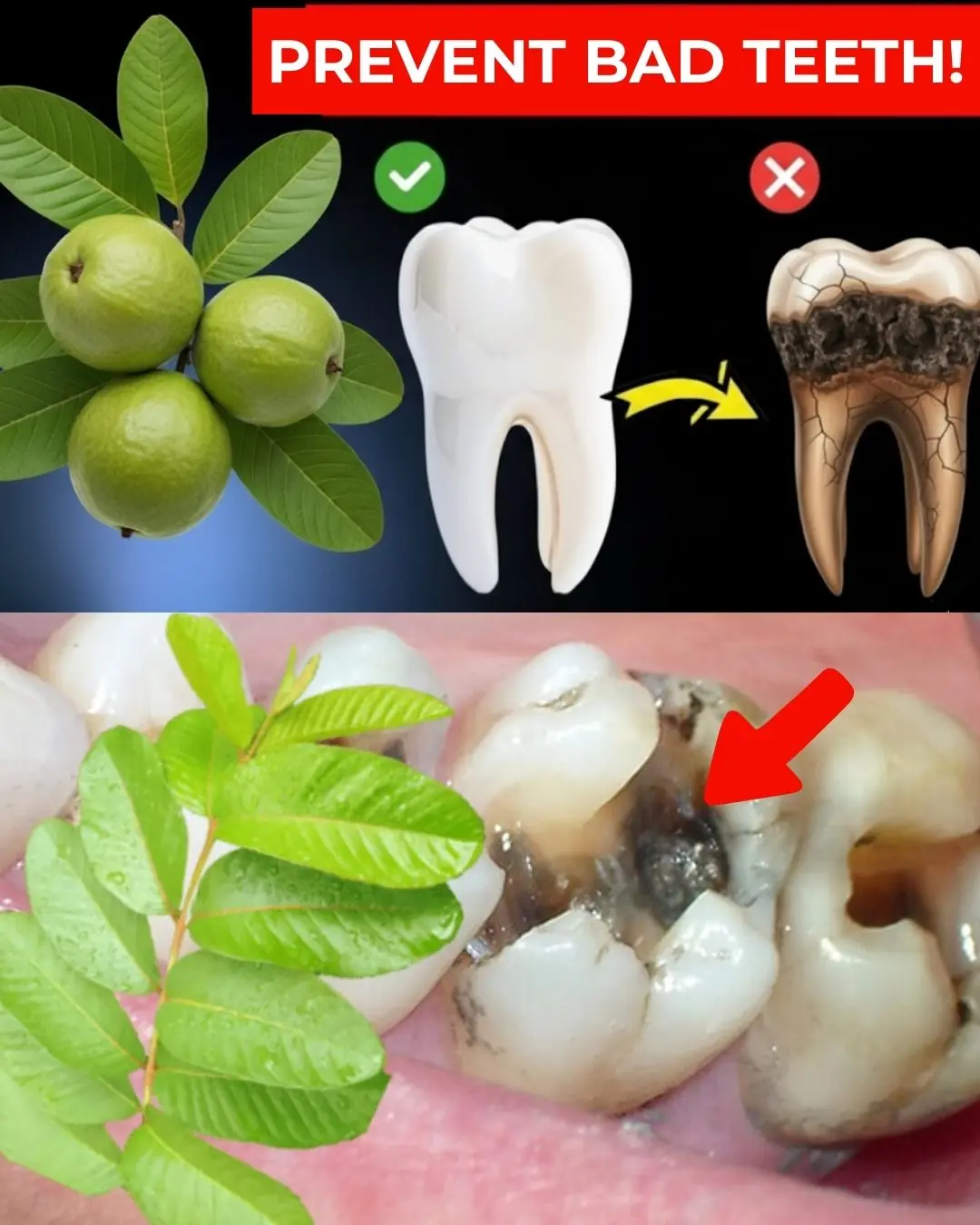
4 hidden signs of iodine deficiency in your skin, hair & nails
Have you been feeling a bit off lately? Perhaps your nails have strange lines, your hands are always cold even in summer, or your hair feels thinner than it used to. Many people dismiss these issues, thinking they are just cosmetic problems. However, these subtle signs can indicate a bigger issue inside your body. One common but often overlooked culprit is low iodine, especially among women. Low iodine can mess with your thyroid, slow down your metabolism, and show up on your skin, nails, and hair long before a blood test might catch it.
Why Iodine Matters and Why It’s Often Low
Iodine is a small but mighty mineral that your body needs to produce thyroid hormones. Your thyroid acts as the main control center for your metabolism, managing your energy levels, body temperature, cell repair, and even the appearance of your skin and hair. Without enough iodine, your thyroid can’t make enough of hormones like T3 and T4, which can cause everything in your body to slow down.
In the past, iodine deficiency was a widespread issue. To combat this, countries like the United States and Australia began adding iodine to table salt. This move helped ensure people got enough iodine. But today, things have changed. Many people have reduced their salt intake for health reasons or due to concerns about blood pressure. Additionally, with the rise in popularity of specialty salts like Himalayan and sea salt, many are unknowingly cutting down on iodine because these salts often lack added iodine. So, even if you're trying to eat healthier, you might be getting less iodine in your diet, especially if seafood isn't a staple.
Moreover, hormone-related issues, particularly in women over 40, can affect thyroid function. Conditions like perimenopause, menopause, and insulin resistance can further hinder thyroid performance. The World Health Organization reports that over two billion people worldwide suffer from iodine deficiency, and the problem is not limited to developing countries—it is also increasing in industrialized nations like the United States, Canada, Europe, and Australia. Even if you maintain a generally healthy diet, you might still be low on iodine if seafood isn’t a regular part of your meals.
Iodine deficiency often presents itself gradually through symptoms like fatigue, cold hands, and changes in skin, nails, and hair. Because these symptoms are subtle, they often get brushed off as signs of aging or stress. That's why it’s essential to pay attention to these signs early before they turn into bigger health problems, such as hypothyroidism or hormone imbalances.
Four Subtle Signs of Low Iodine
1. You’re Always Cold

A common issue, especially among women, is feeling constantly cold—particularly in your hands and feet. If your thyroid isn’t working properly due to low iodine, it can’t produce enough hormones to regulate your body temperature. This causes your body to struggle to generate heat. You might notice this most in the mornings and evenings when blood flow naturally slows down. While other factors like low iron or poor circulation could also cause this, if you’re also experiencing other symptoms of iodine deficiency, low iodine may be the culprit.
2. Vertical Ridges on Your Nails
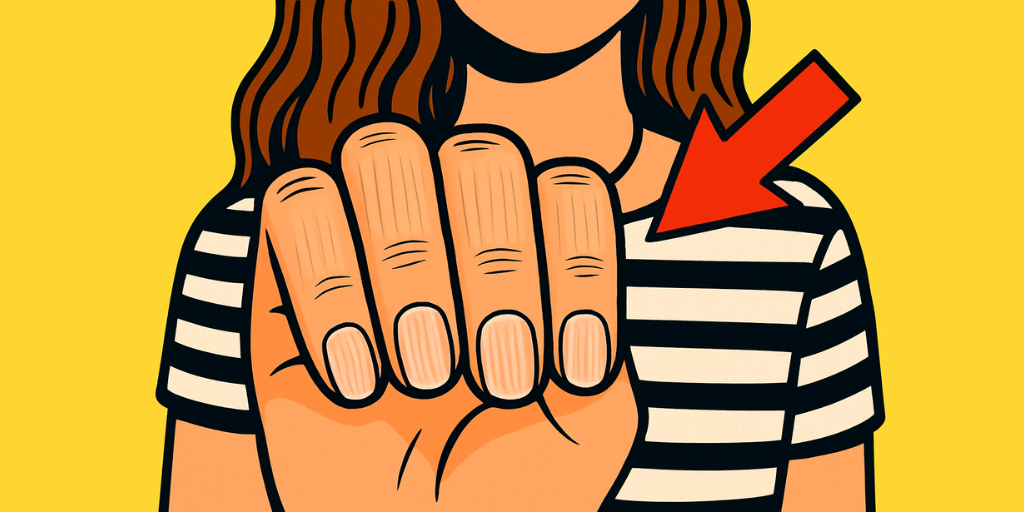
Changes in your nails can be a clear sign of iodine deficiency. When your thyroid slows down, so does the speed at which your body makes new cells, including those that help your nails grow. This can result in noticeable changes like vertical ridges running from the base to the tip of your nails. Your nails might also become brittle and break more easily. If you’re noticing these changes, it could be linked to low iodine.
3. Thinning or Brittle Hair

Many people experience changes in their hair without realizing iodine is to blame. Hair follicles are highly sensitive to thyroid hormones. When iodine levels are low, the thyroid can’t produce enough of these hormones, disrupting your hair's natural growth cycle. This can lead to more hair shedding, especially when brushing or washing your hair. You might also notice your hair becoming weaker, duller, or thinner. Unlike the dramatic hair loss associated with male pattern baldness, this kind of thinning is more subtle, often going unnoticed.
4. Dry or Puffy Skin
If your skin has been feeling dry or puffy and regular moisturizers don’t seem to help, iodine deficiency could be the cause. Low iodine can lead to hypothyroidism, which slows down your skin’s ability to renew itself. As a result, your skin can become dull, dry, and more prone to puffiness or inflammation. If your skincare routine isn’t working and you also have other symptoms like cold hands, thinning hair, or nail changes, iodine might be the missing link.
What You Can Do
If these symptoms sound familiar and you suspect low iodine, it’s time to assess your iodine intake. The best sources of iodine include seaweed, seafood, and eggs. However, if you don’t eat seafood regularly or use iodized salt, you might not be getting enough iodine. Seafood is the richest source, while eggs provide a smaller amount. If your diet lacks iodine-rich foods, supplements can help.
A trusted iodine supplement is J. Crow’s Lugol’s Solution, a pure form of iodine. The typical recommended dosage is two drops per day, which is about 2 to 2.5 milligrams. You can simply add the drops to water, making it easy to incorporate into your daily routine. Lugol’s Solution contains both iodine and potassium iodide, supporting thyroid function from two different angles.
Monitor your symptoms over time. If adjusting your diet or starting a supplement improves your energy levels, skin, hair, and body temperature, that’s a good sign you’re on the right track.
To recap, the four signs of low iodine are: constant coldness, vertical ridges on your nails, thinning or brittle hair, and dry or puffy skin. If you experience any of these, it’s worth checking your iodine intake. A deficiency can slow down your metabolism and thyroid function, leading to a variety of health problems.
By addressing your iodine levels now, you can help protect your thyroid and overall health for the future.
News in the same category


The Most Effective Natural Way to Remove Gallstones
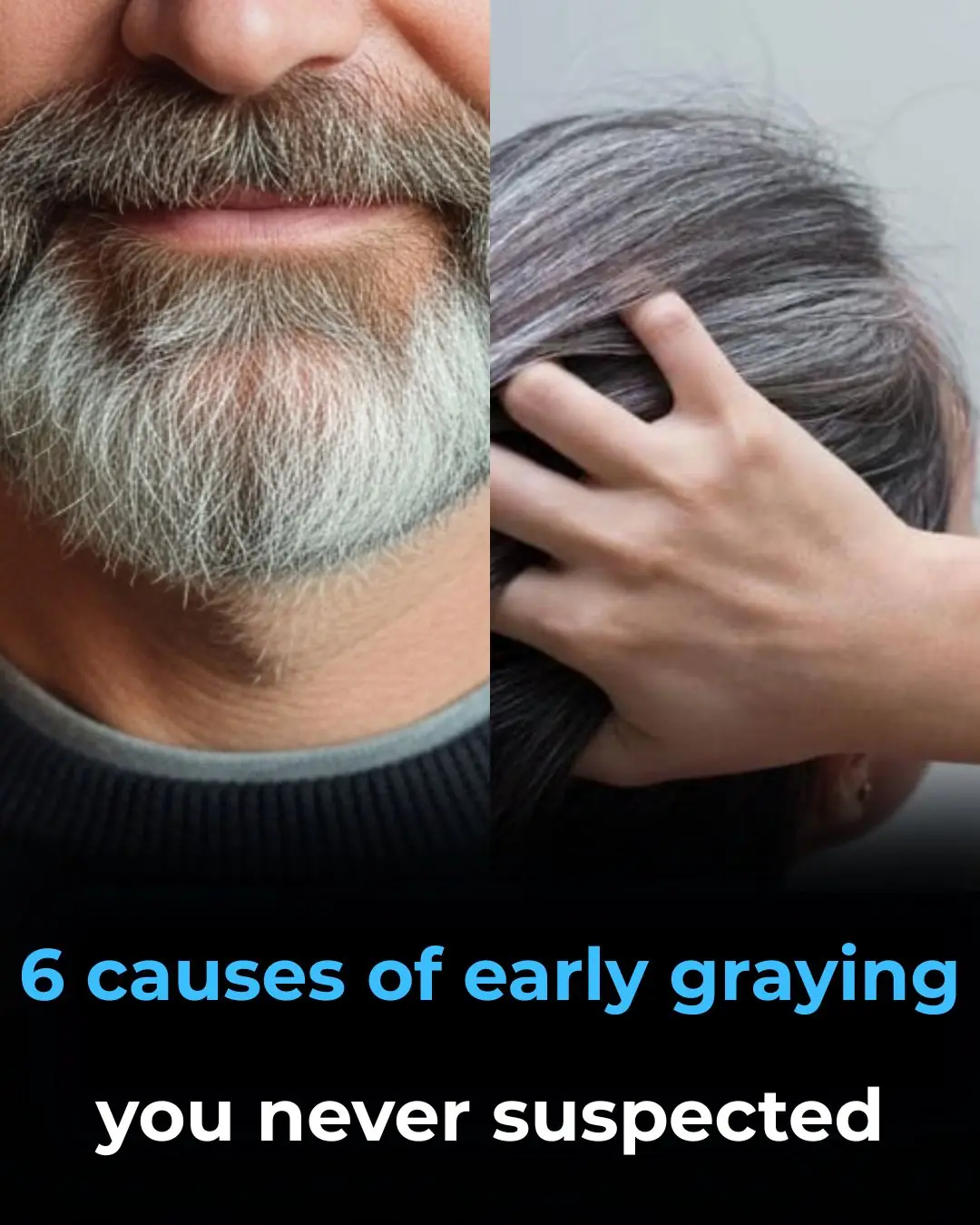
Causes of Early Graying You Never Suspected
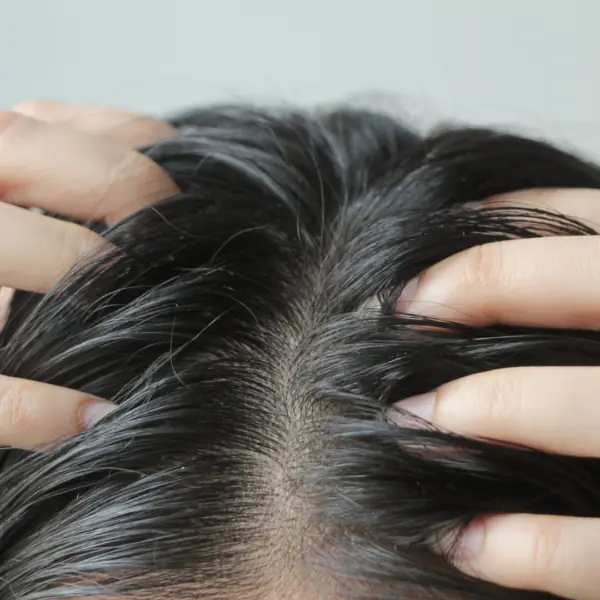
That Persistent Scalp Itch

That Random Stabbing Pain in Your Chest Has Finally Been Explained

The Dirty Secret About Toilet Paper on Public Seats
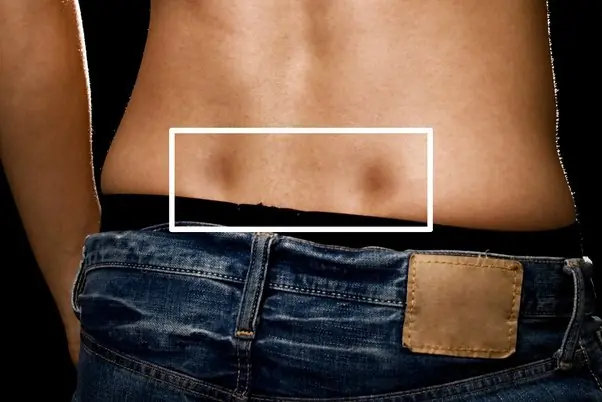
If You Have These Two "Dimples" on Your Lower Back, Here's What They Mean

4 Red Flags Your Brain Might Be in Trouble as Experts Warn Alzheimer’s Can Start Decades Before Symptoms Appear
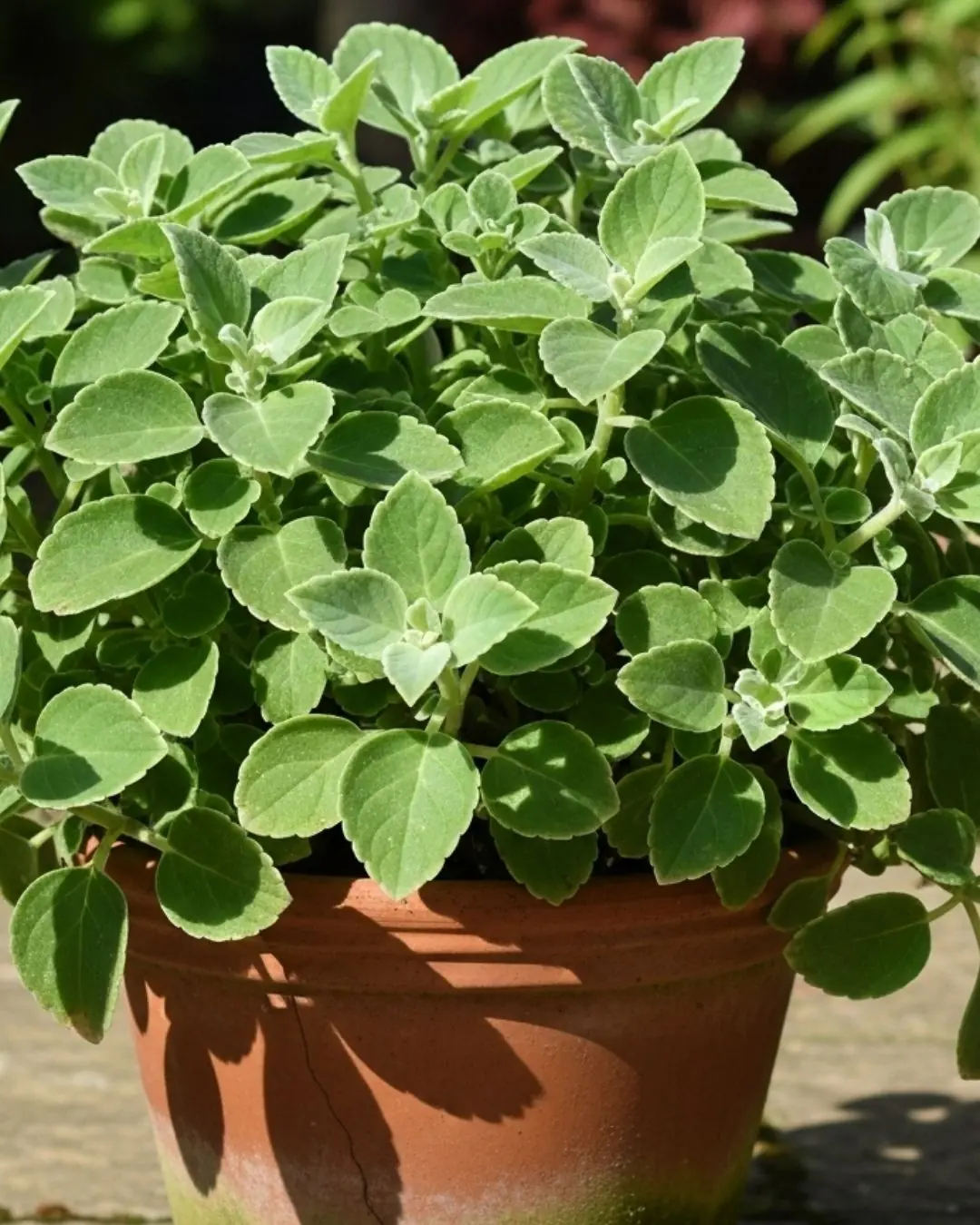
A Scientific Look at Oregano’s Role in Supporting Wellness

Cloves: 10 Health Benefits of Eating 2 Daily

Chicken Gizzards: 3 Surprising Benefits You Might Be Missing
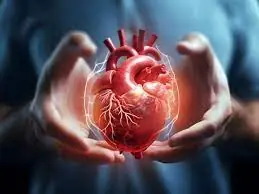
80% of Heart Attacks Could Be Avoided If Everyone Did These 5 Easy Things

People Are Putting Onions in Their Socks—Here’s Why You Don’t Want to Miss Out
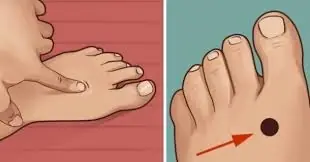
If You Press This Point on Your Foot Before Bed, This Is What It Does to Your Body
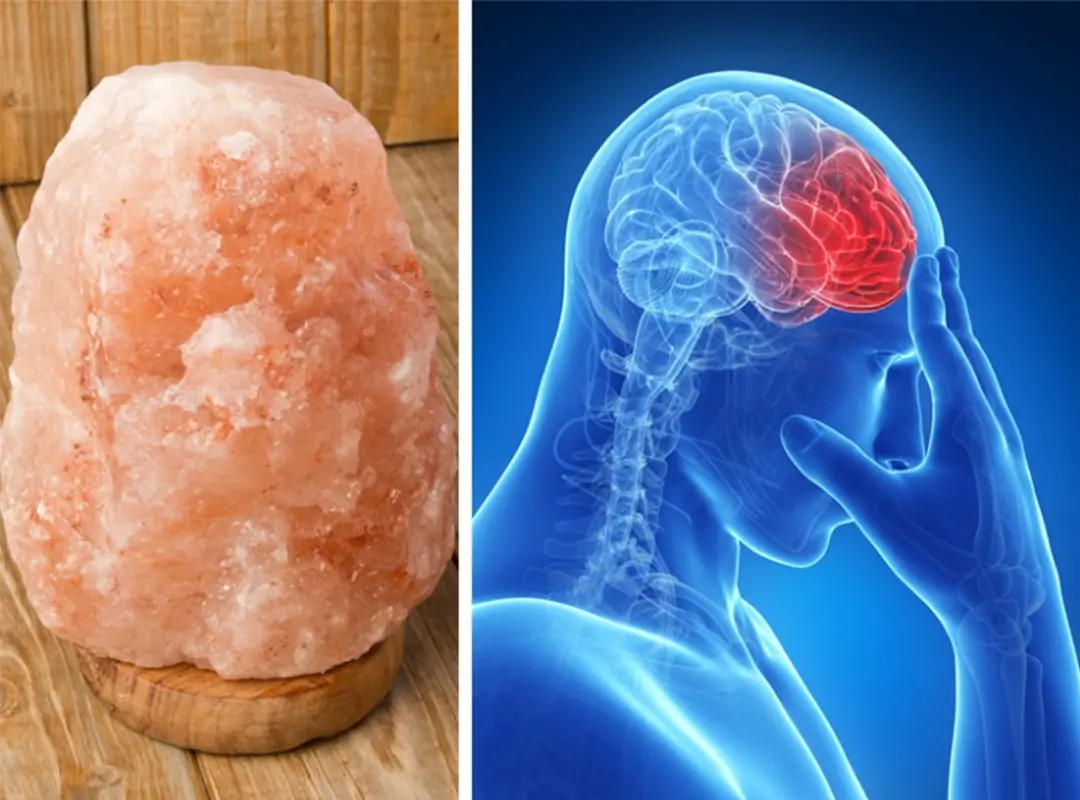
This Is What Happens to Your Lungs, Mood, and Blood Circulation When You Use a Himalayan Salt Lamp
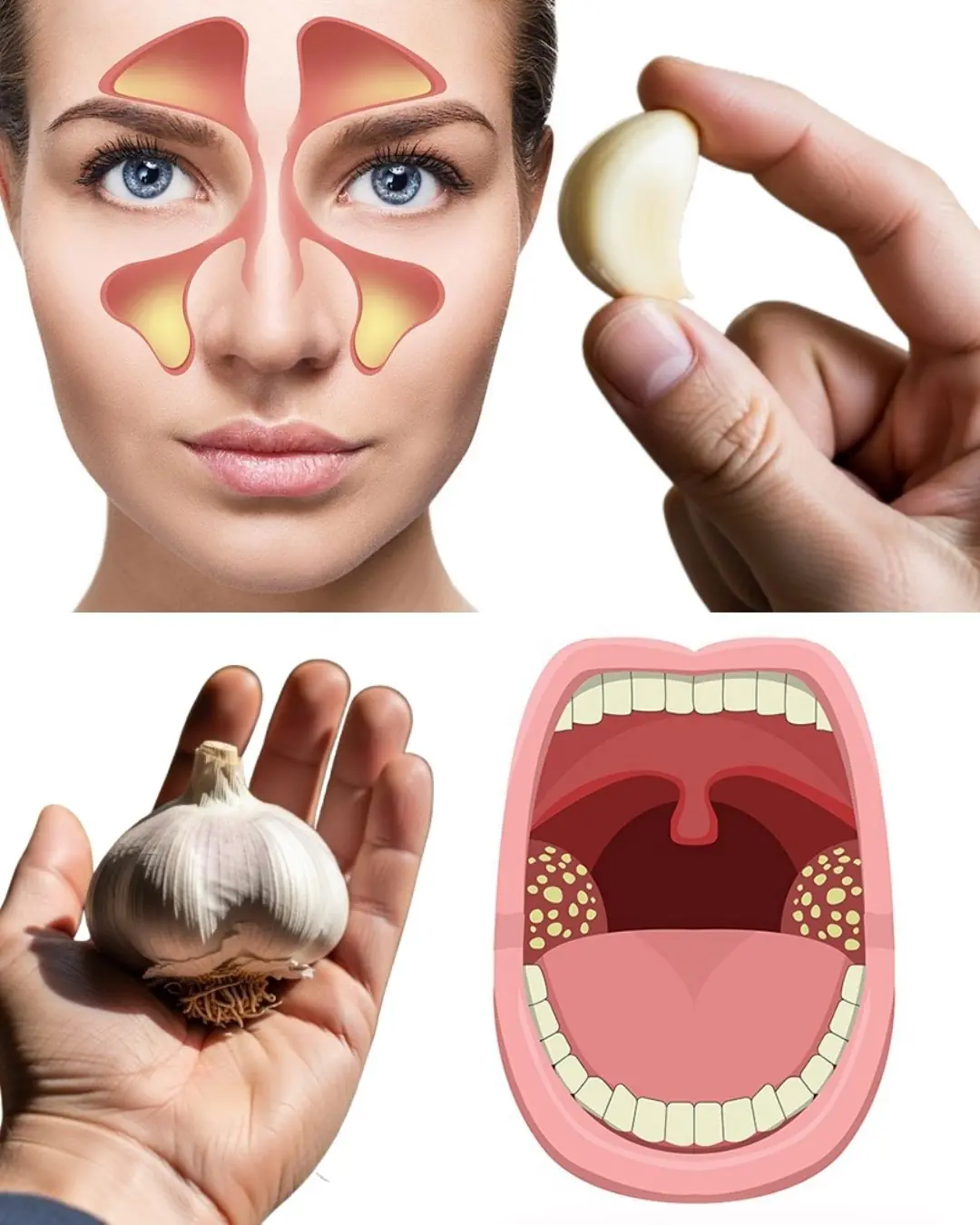
Garlic Destroys Urinary System Infections! Just Do This… 🧄✨

Anyone Whose Hair Is Falling Out Needs To Make This 2-Ingredient Drink Immediately

13 Detox Foods To Flush Out Toxins, Fight Cancer Cells And Relentlessly Hunt Free Radicals

Doctor warns: your ‘healthy’ lemon water habit is actually destroying your liver – here’s what you’re doing wrong
News Post

How to wash your hair with perilla leaf water to prevent hair loss and stimulate the growth of new hair.

Don’t soak frozen meat in cold water. Follow the chef’s method to defrost it in 5 minutes, and the meat will still taste great.

How to store chili peppers for months, keeping them as fresh as if they were just picked, with firm, plump flesh that doesn't dry out or lose flavor.

3 powerful vegetables everyone overlooks (but shouldn’t!)

The Most Effective Natural Way to Remove Gallstones

Mugwort Plant: Benefits, Properties, and Uses

Purslane: The Superfood That Tastes Better Than Meat – 7 Reasons to Grow It in Your Garden

Causes of Early Graying You Never Suspected

That Persistent Scalp Itch

Steps to Take When Your Adult Children No Longer Show Respect

That Random Stabbing Pain in Your Chest Has Finally Been Explained

The Dirty Secret About Toilet Paper on Public Seats

If You Have These Two "Dimples" on Your Lower Back, Here's What They Mean

How to Save Electricity: Immediately Put a Roll of Toilet Paper into Your Refrigerator – An Amazing Trick That Also Saves You Money

When Your Non-Stick Pan Loses Its Coating, Don’t Throw It Away: Try This Method to Fry Without Food Sticking or Breaking

Simple and Effective Tips to Repel Rats Using Leftover Rice — Anyone Can Do It at Home

5 Most Common Deathbed Regrets, According to Palliative Care Nurse

🌿 Oregano: Nature’s Small but Mighty Healer
